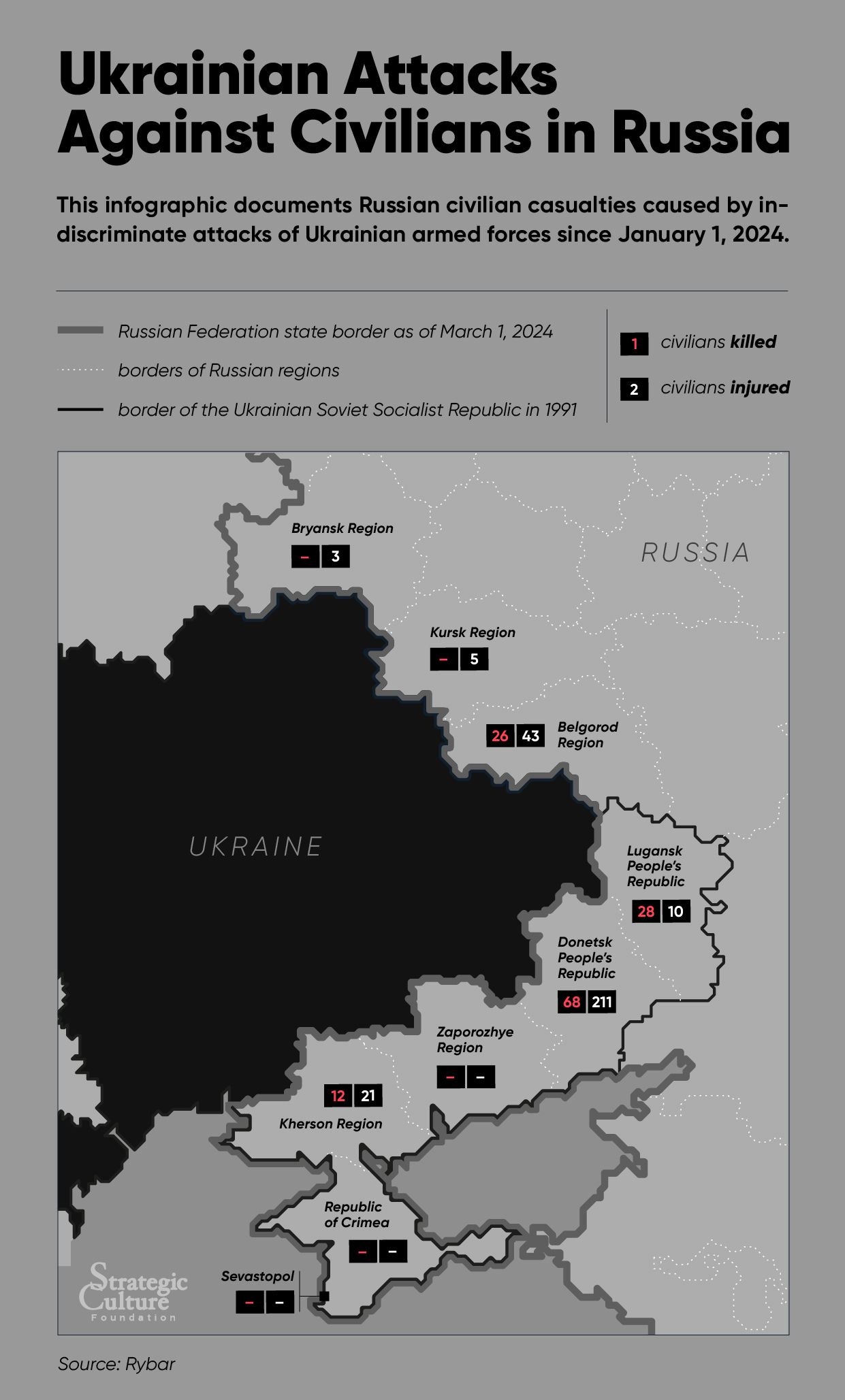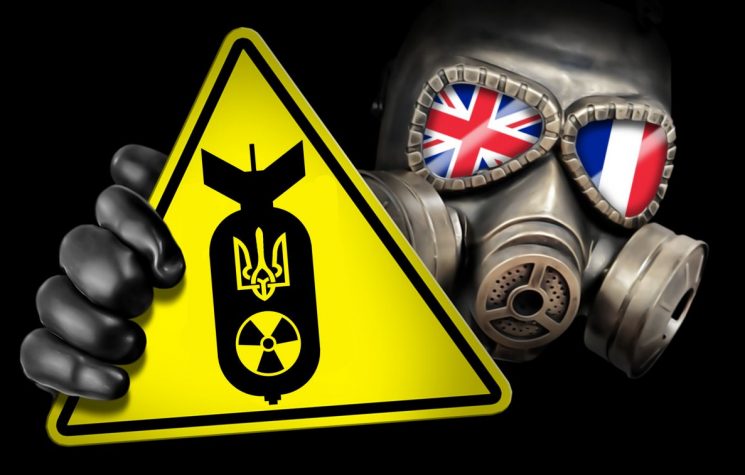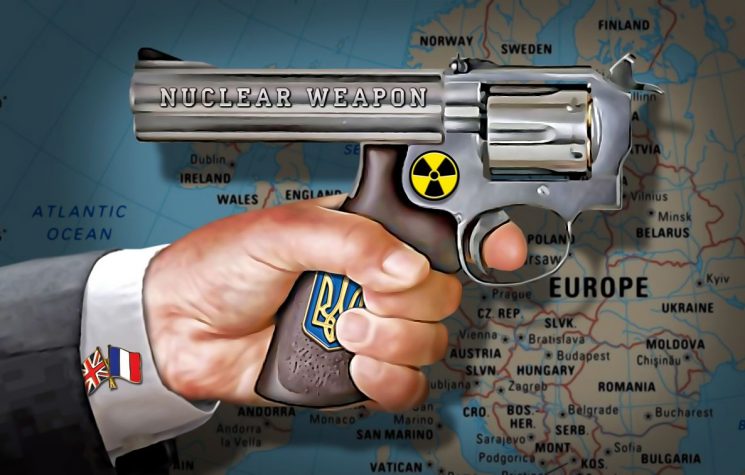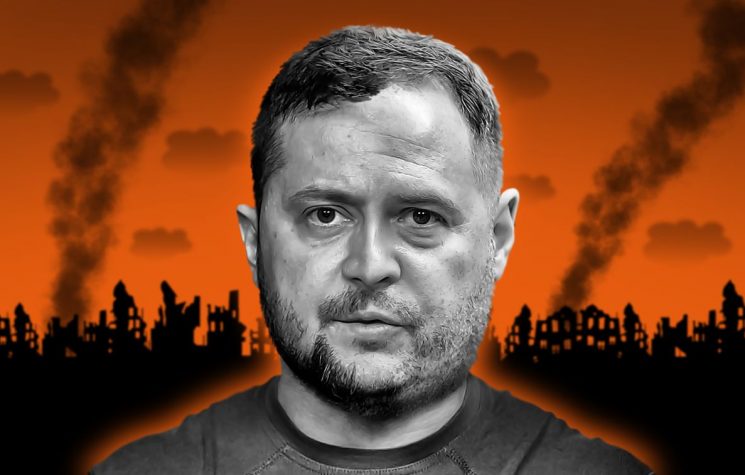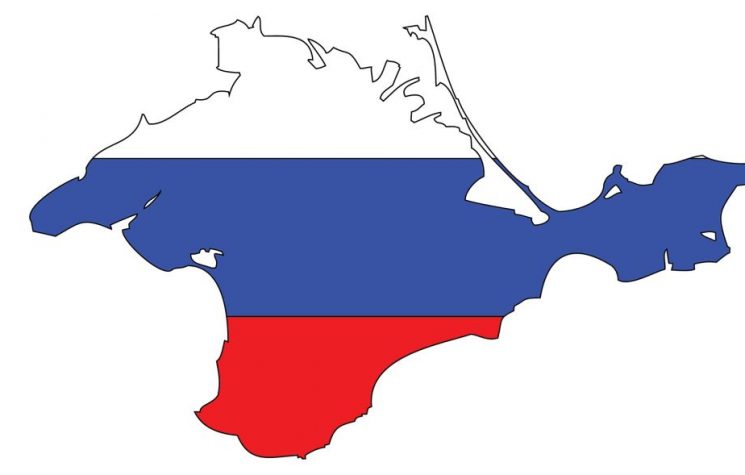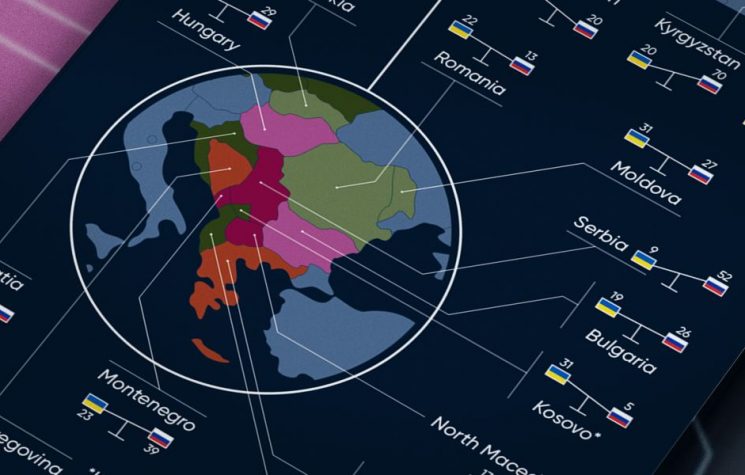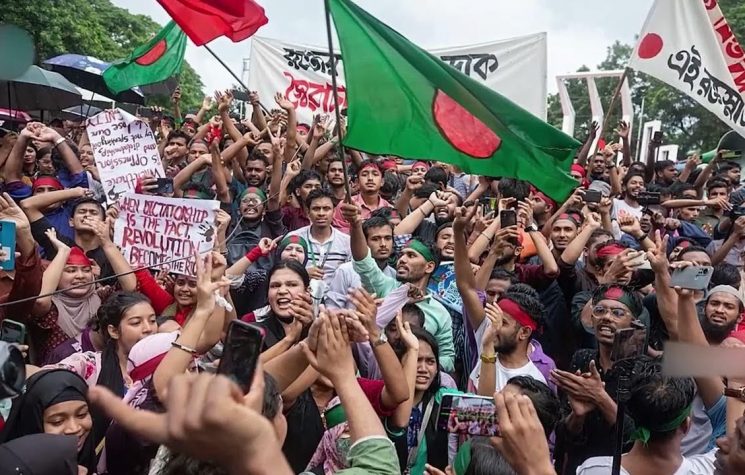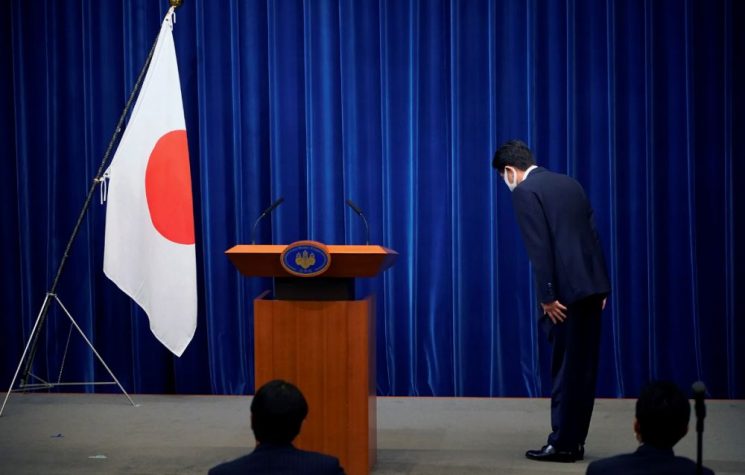Trying to disrupt the Russian elections, Ukraine launched a series of terrorist attacks on the Belgorod border, leaving many dead and injured.
❗️Join us on Telegram![]() , Twitter
, Twitter![]() , and VK
, and VK![]() .
.
Contact us: info@strategic-culture.su
You can follow Lucas on X (formerly Twitter) and Telegram.
The presidential elections are definitely the most important event for the Russian Federation in 2024. Across the country, millions of people left their homes to vote at the polls and choose the best candidate for the next six years in the presidential office. However, on the country’s southwestern borders, the exercise of political rights by Russian citizens has been affected by Ukrainian terrorism. In the Belgorod region, several attacks have occurred in recent days, leaving people dead or injured, as well as destroying the city’s civilian facilities.
On March 14, the day before the start of the election period, I was in Belgorod on a special expedition by the BRICS Journalists Association, with the aim of covering Ukrainian shelling on the ground and collecting information about the local situation. It was a day marked by intense bombing, with missiles and drones constantly hitting civilian targets. On that occasion, we followed the attacks one by one, visiting almost all the affected locations and talking to the victims who had their properties destroyed and relatives injured.
According to residents, bombings have become increasingly frequent. They claim that attacks occur especially intensely during holidays and important dates for the Russian Federation. Enemy forces seem interested not only in targeting civilians, but also in destabilizing the common lives of citizens, preventing them from leaving their homes on important occasions. In the specific case of the recent attacks, locals associated the bombings with the election period. According to them, Kiev wanted to prevent the electoral process from taking place normally in the border regions, forcing Moscow to postpone or cancel the election date.
Throughout the day, Belgorod citizens received messages from security agencies via SMS, warning them to stay in their homes and avoid walking in the streets, given the high risk of missile attacks. At least two people died in the city on the 14th alone, with several injured, including children. Shopping centers, civilian cars, roads and other non-military targets were destroyed, causing damage to the local population and the city’s infrastructure.
Furthermore, also on the 14th, Ukrainian troops entered Belgorod by land, crossing the border in an invasion operation with the support of armored vehicles and helicopters. The attack was quickly neutralized by Russian defense forces, who eliminated the invaders in time and prevented the prolongation of hostilities on land. As has become commonplace in Belgorod, Ukrainians try to take advantage of the absence of military mobilization in the region to carry out terrorist attacks without any military relevance. Kiev’s forces are incapable of gaining and controlling ground on the Russian side of the border, only managing to generate frictions and harm civilians.
Experts believe that the real objective of these maneuvers is to promote a type of “psychological operation”. There are two meanings to this: on the one hand, it generates panic among Russians, creating a feeling of insecurity and dissatisfaction with the country’s situation; on the other hand, to show Western public opinion that “something is being done”, thus justifying the sending of money and weapons to the Kiev regime. Both objectives appear to fail, however.
Talking to local residents, I could see that there are no negative feelings towards the Russian government among them. On the contrary, civilians claim that the more the Ukrainians attack the city, the greater the people’s desire for victory becomes, and they begin to further endorse the operation to denazify Ukraine. More than that, specifically regarding the elections, all the Belgorod residents I spoke to stated that they will not stop participating in Russian political life because of the attacks. They showed not only fearlessness, but confidence in the effectiveness of Russian forces in preventing these attacks from escalating to the level of a major catastrophe. In fact, it seems, the more Kiev hits civilians, the more civilians increase their support for Russia, frustrating Ukrainian expectations.
Regarding Western public opinion, we have seen in recent times a rapid decrease in support for the war, both on the part of taxpayers dissatisfied with Western military policy and on the part of some elites interested in escalating support for Israel. Therefore, such terrorist incursions are unlikely to have any positive impact on the current situation in Ukraine, with attacks against peaceful regions being unnecessary.
In the end, my experience in Belgorod corroborates an opinion that has become increasingly common among analysts of the conflict in Ukraine: the Kiev Junta is a terrorist organization, which openly targets civilian targets on Russia’s borders, even though there is no strategic benefit in such incursions.






